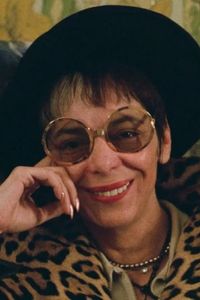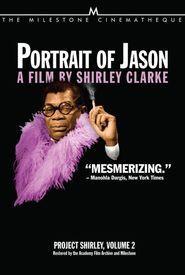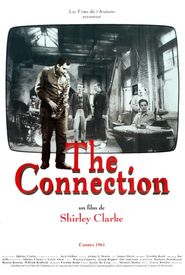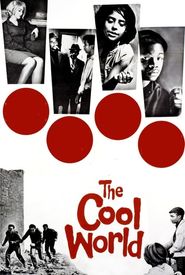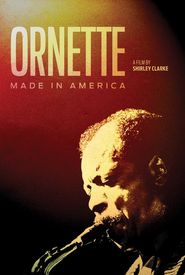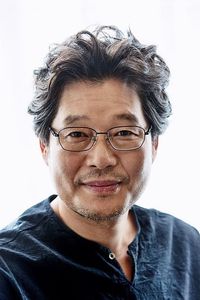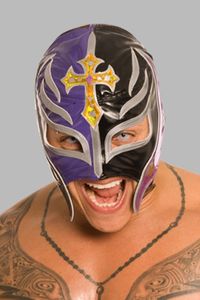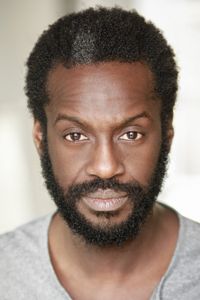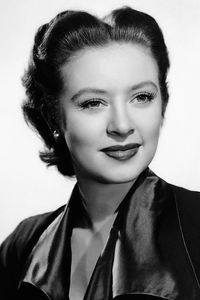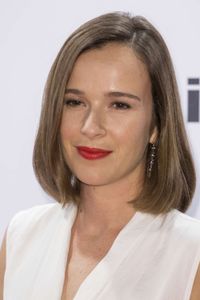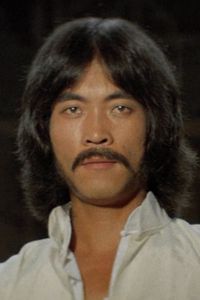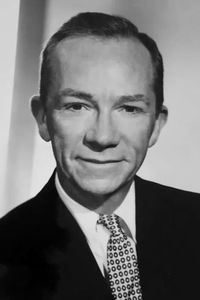Shirley Clarke was a pioneering American filmmaker, renowned for her innovative and boundary-pushing approach to the medium, which often blurred the lines between documentary and fiction. Throughout her illustrious career, she not only created a plethora of groundbreaking films but also honed her skills as a director and editor, working on numerous acclaimed projects that showcased her versatility and mastery of the craft.
As a trailblazing figure in the world of independent cinema, Clarke's contributions to the industry were multifaceted and far-reaching. Her body of work, characterized by its bold experimentation and unflinching honesty, continues to inspire and influence new generations of filmmakers, solidifying her status as a true original and a testament to the power of creative vision.
Born on September 2, 1914, in New York City, Clarke's early life and education laid the groundwork for her future success. She studied dance and drama at the New School for Social Research, before later enrolling at the Museum of Modern Art's film school, where she honed her skills as a filmmaker.
Clarke's directorial debut, "The Connection" (1961),was a significant milestone in her career, as it marked the beginning of her collaboration with avant-garde playwright and actor, Jack Gelber. This critically acclaimed film, which explored the world of heroin addiction, showcased Clarke's unique ability to balance gritty realism with lyrical cinematography and a nuanced understanding of her characters.
Throughout the 1960s and 1970s, Clarke continued to push the boundaries of her craft, working on a wide range of projects that defied categorization. Her film "Portrait of Jason" (1967),a poignant and unflinching portrait of a charismatic and troubled individual, is often cited as one of the greatest documentaries of all time.
In addition to her work as a director, Clarke was also a gifted editor, known for her meticulous attention to detail and her ability to craft a narrative that was both engaging and thought-provoking. Her collaborations with other notable filmmakers, including Martin Scorsese and George Lucas, further solidified her reputation as a master of her craft.
Throughout her life, Clarke was driven by a fierce passion for her work and a desire to challenge herself and her audience. Her legacy, which continues to inspire and influence new generations of filmmakers, is a testament to her unwavering commitment to her art and her unshakeable faith in the power of creative expression.
